
Fund Our Future: Policy brief outlines path to a thriving Hawaiʻi through fair tax reform
How Hawaiʻi can both avoid devastating cuts to public services and fund solutions to our most pressing problems.
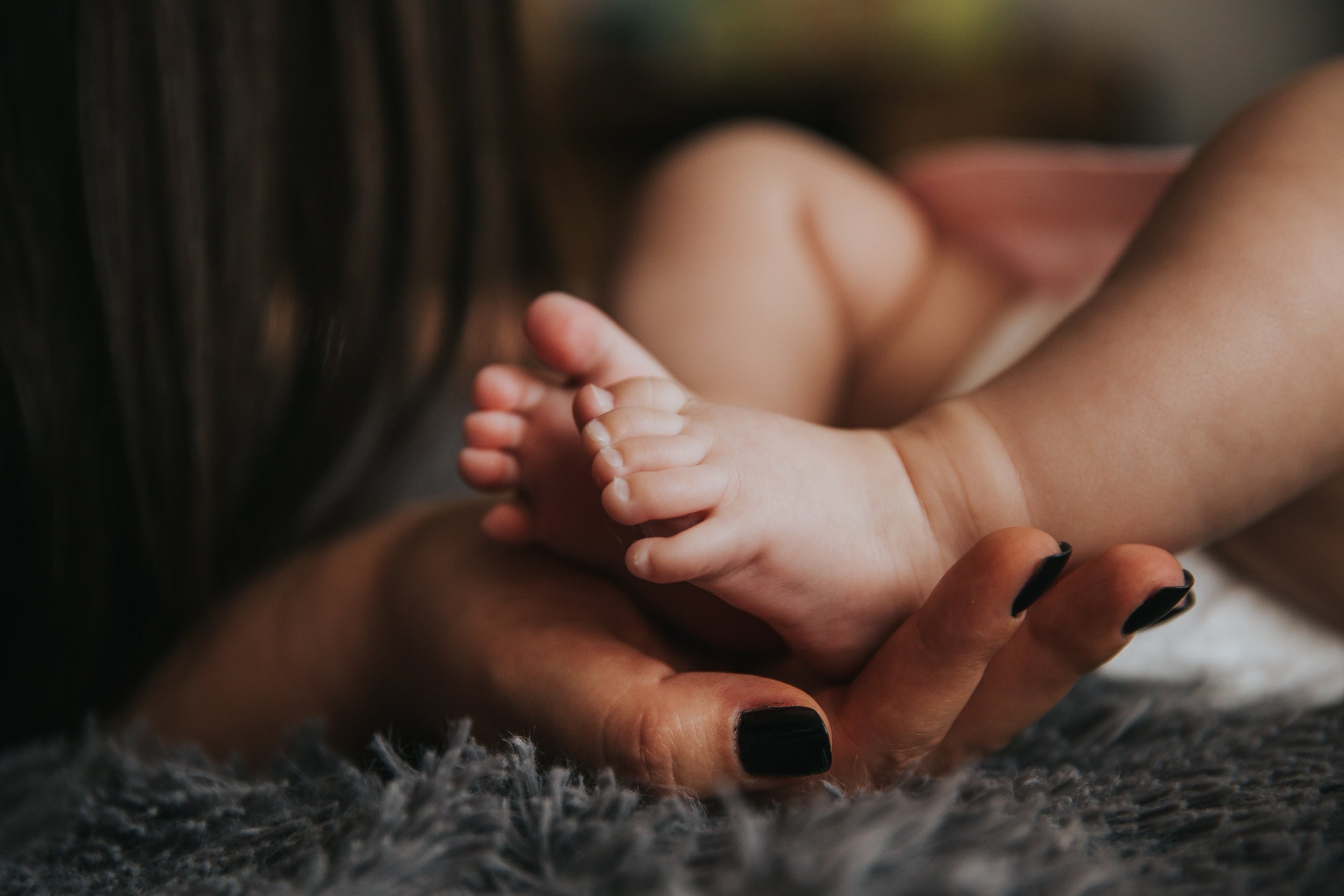
Hawaiʻi Appleseed launches interactive economic justice dashboard to drive data-informed advocacy
Unlike single-issue tools, this dashboard integrates key indicators across food security, housing, transportation, and economic security to show how these issues are related.

New SNAP limits mean higher costs, fewer choices for Hawaiʻi families
The real barrier to healthy eating is affordability. Hawaiʻi families who already struggle to make ends meet can barely cover basics; this new limitation only restricts choice and attacks low-income people.

As federal food aid shrinks, Hawaiʻi counties hold important key to local food security
With closer community connections, counties can tailor solutions to local realities, such as inter-island transportation barriers in Maui County or the dispersed rural communities of Hawaiʻi County.
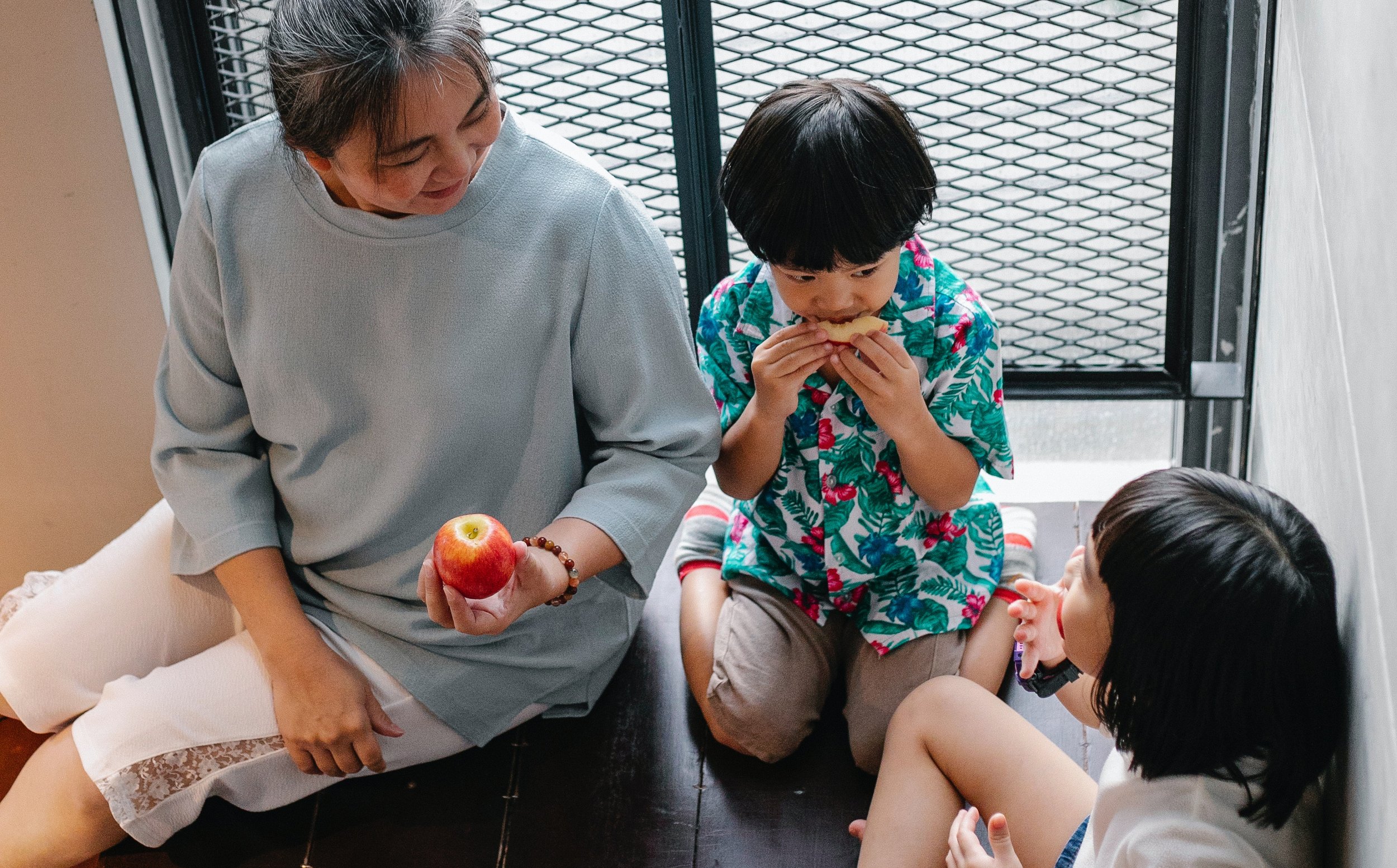
Four Hawaiʻi nonprofits receive critical investment from national anti-hunger organization as SNAP cuts loom
These investments will help power Hawaiʻi advocates fighting for policy-based solutions designed to break the cycle of hunger and strengthen food security for future generations.
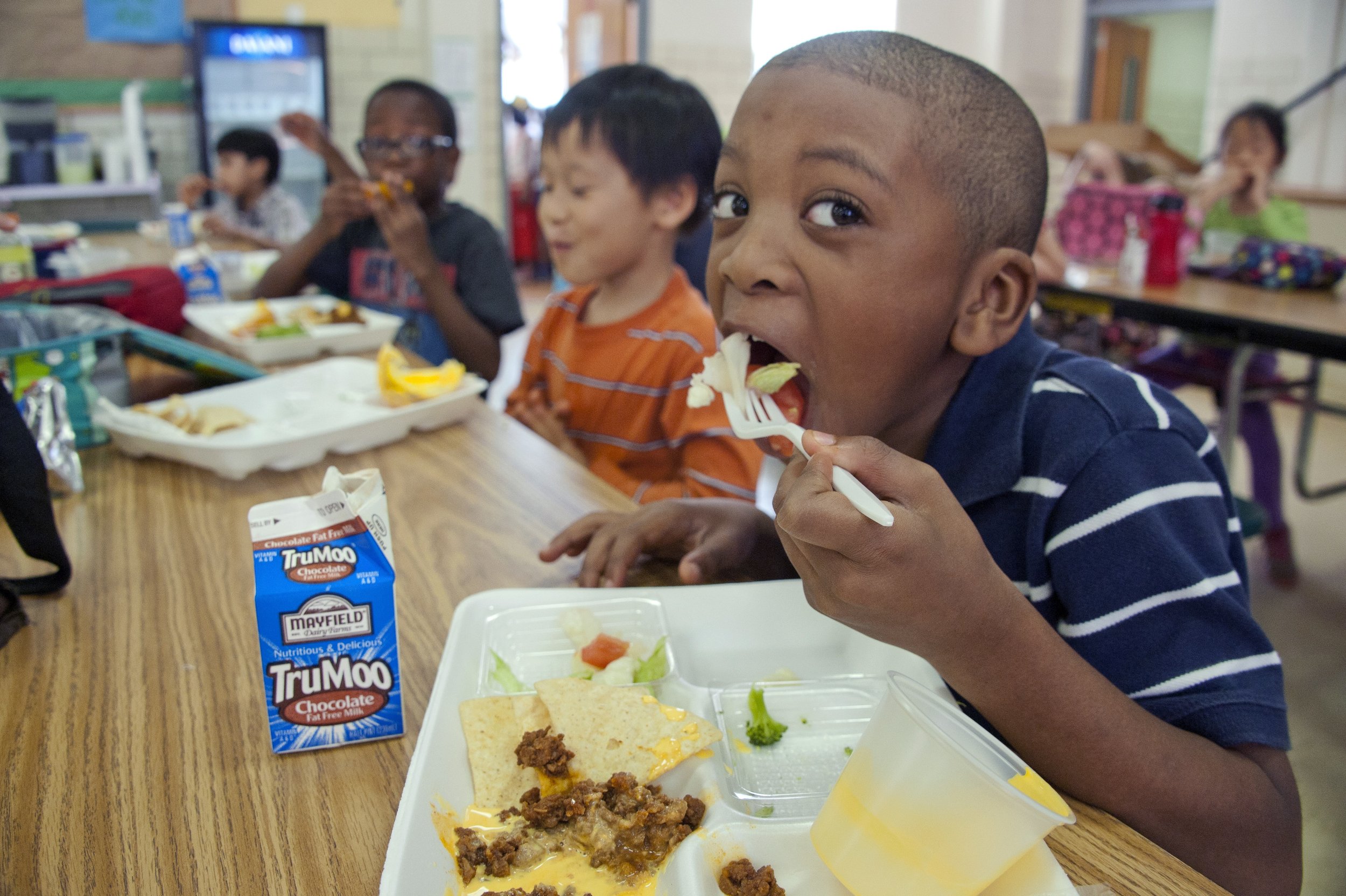
Community coalition celebrates passage of school meal expansion bill
The Hawaiʻi State Legislature has approved Senate Bill 1300, which will expand free school meal access to keiki in the ALICE population over the next two school years.
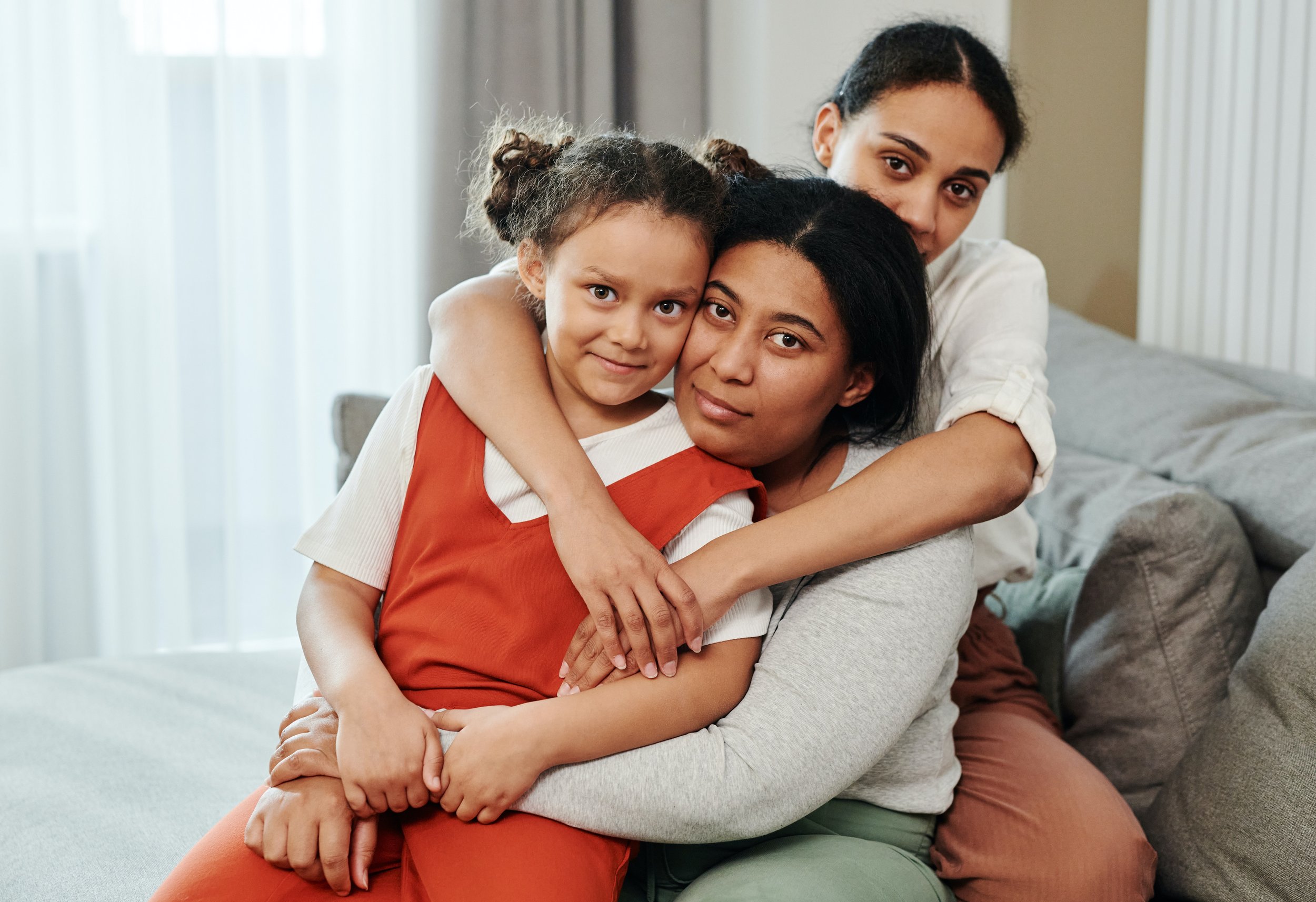
State legislature must do more to protect Hawaiʻi’s vulnerable, struggling renters
Our existing statutes don’t do nearly enough to keep renters stable in an unstable housing market; yet, year after year, the legislature has punted the issue down the road.
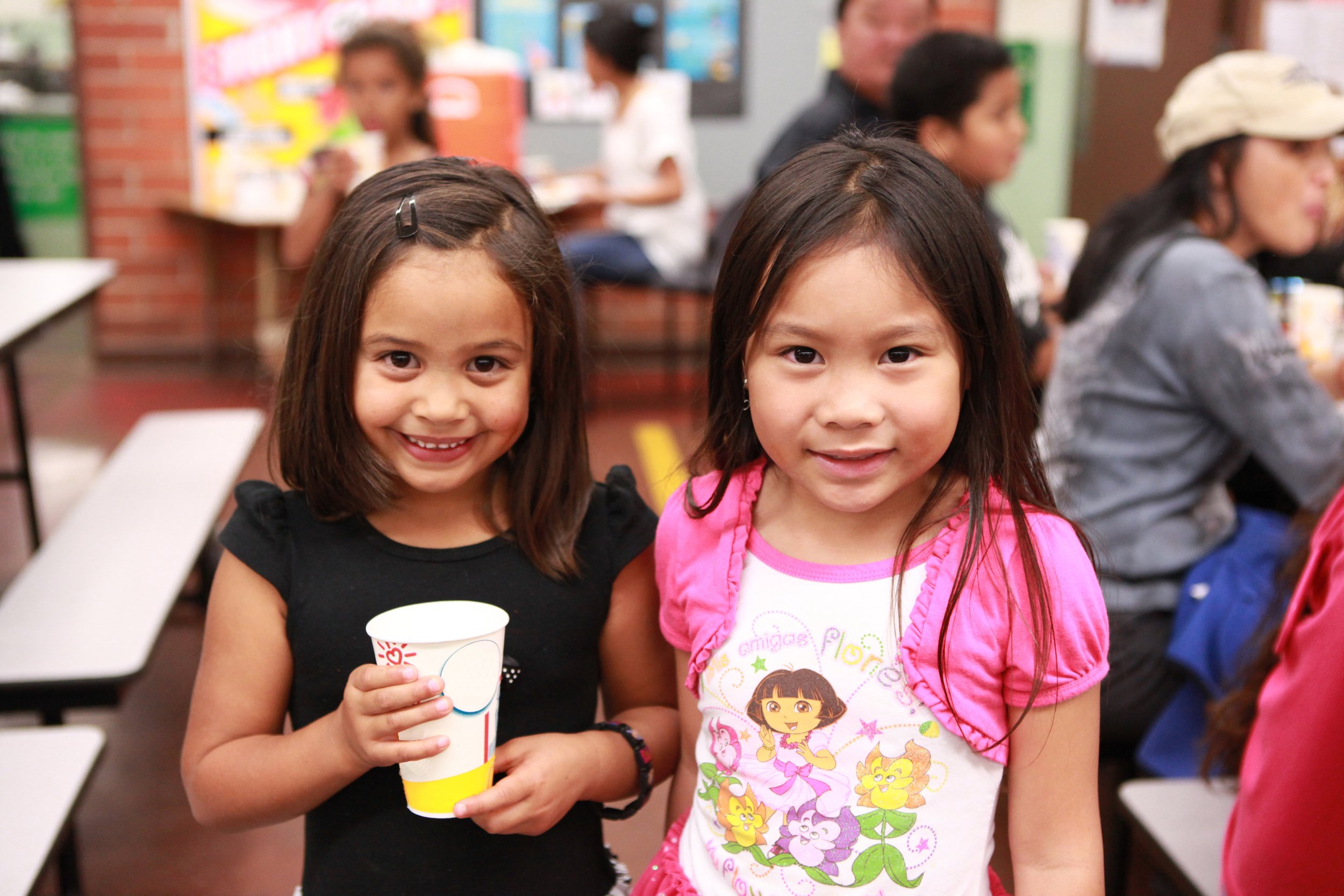
Community forum will bolster political will behind Universal Free School Meals
Free School Meals 4 All: A Community Forum will take place Sat., March 15 from 9:30 - 11:30 a.m. at McKinley High School auditorium.

Recent state tax cuts leave many struggling families behind, in need of more help
Tax credits can help round out relief efforts at low cost to the state by targeting assistance only to the families that need additional support.

Hawaiʻi poised to offer nutrition support services to Medicaid patients
With approval of Hawaiʻi’s Section 1115 Medicaid Demonstration Waiver, community-based food and nutrition organizations can soon begin to offer healthy food as medicine.
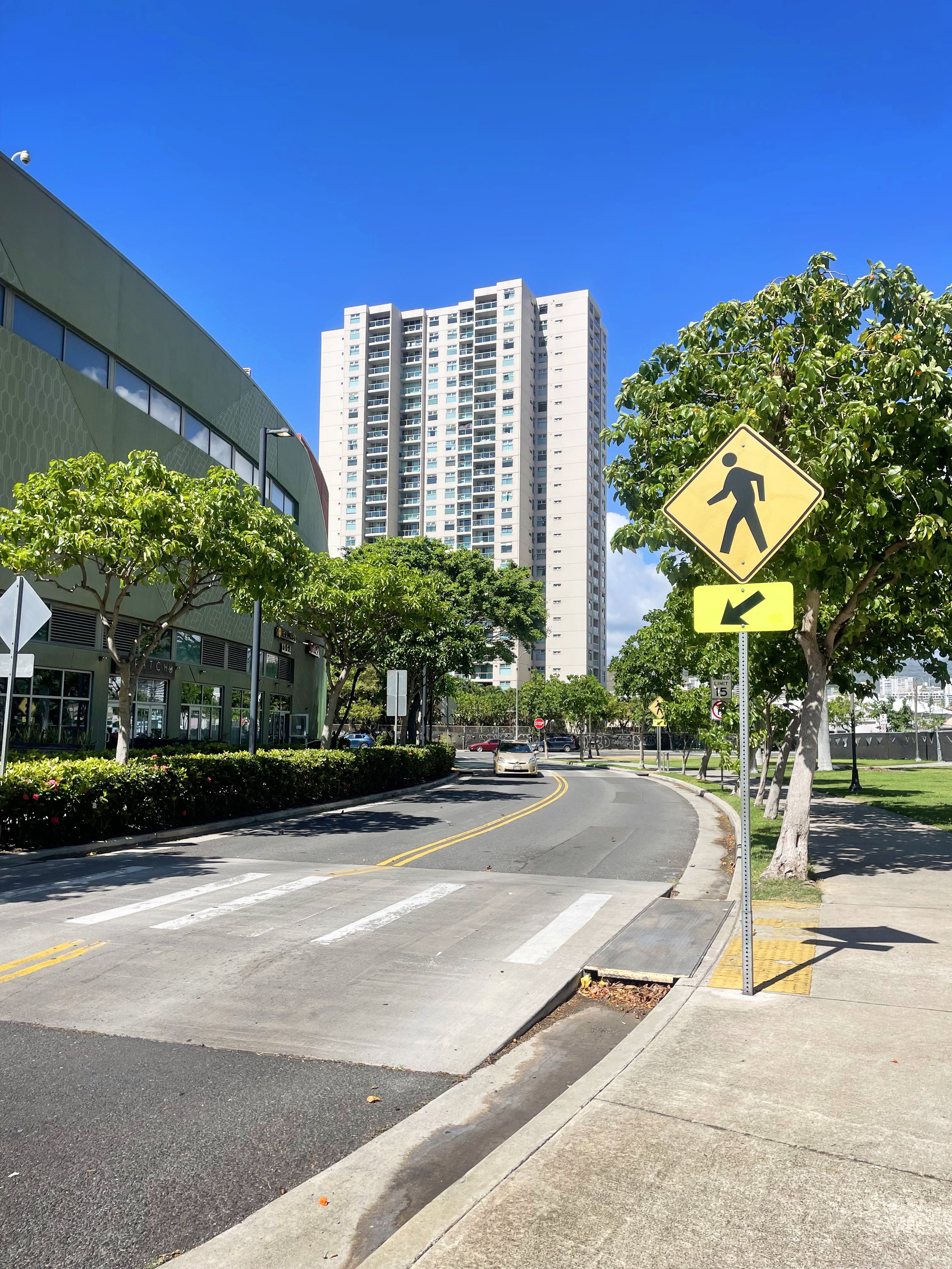
New policy report calls for major shift in Hawai‘i’s transportation spending to address unmet mobility needs, traffic congestion and emissions
Over the last 5 years, 66.3 percent of the state’s transportation budget has gone toward projects that increase vehicle capacity, while only 1.5 percent has gone to reducing vehicle travel.
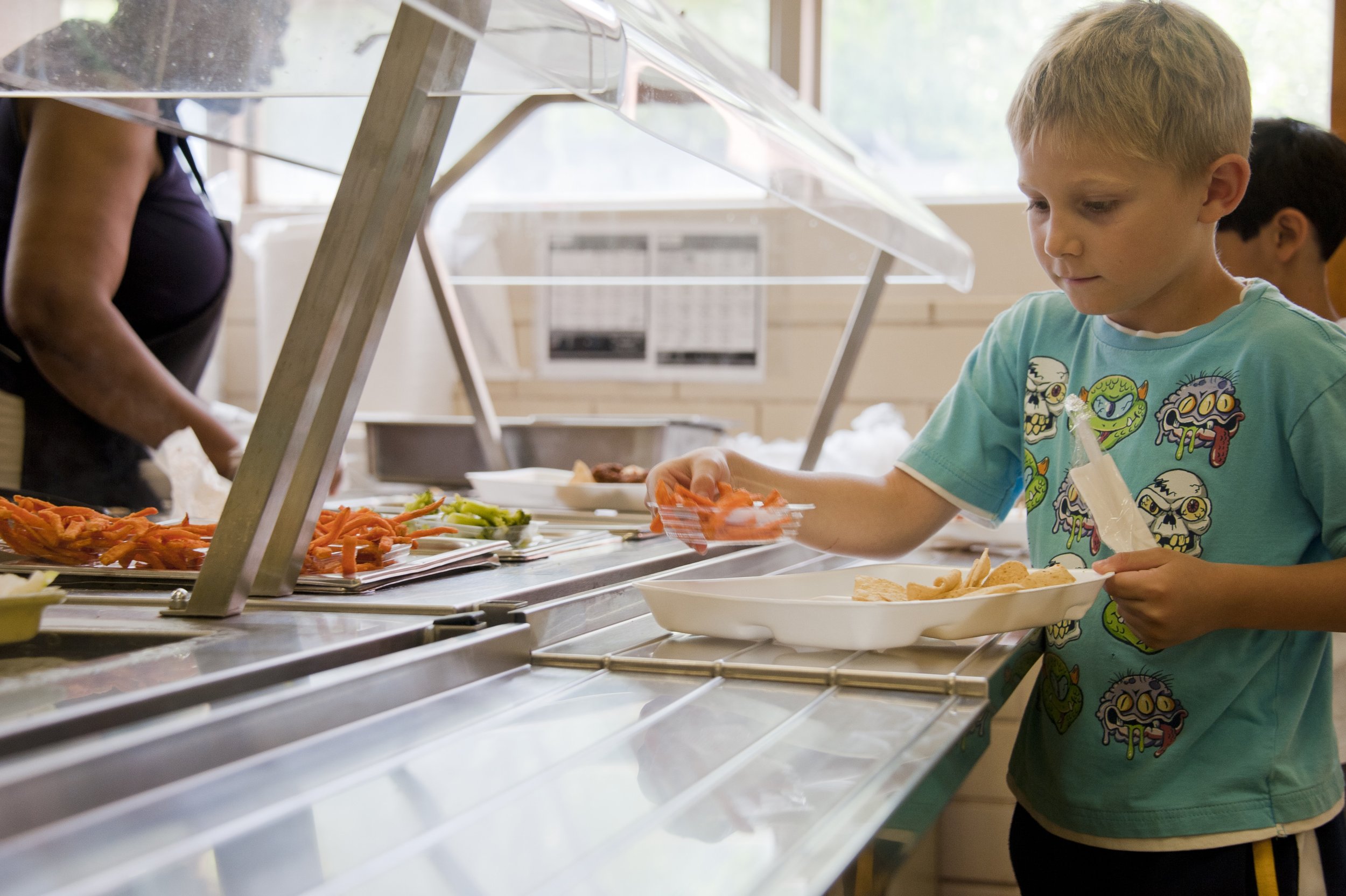
New report calls upon the state to join a growing national movement and provide free meals to all Hawaiʻi public school students
Extending free meals to all public school students would cost about $25 million per year—about 1 percent of the DOE’s operating budget.

Hawaiʻi’s low wages relative to its cost of living put a serious strain on society, local economy
In a new report, Hawaiʻi Appleseed researchers demonstrate how chronically low wages have prevented Hawaiʻi’s working families from thriving, and outline the significant cost that poverty exacts from these families, from future generations, and from all of us.

$8 million in additional federal funds now flowing to Hawaiʻi to feed keiki
Hawaiʻi sees first school meal reimbursement rate increase in 40 years.

Hawaiʻi households to suffer deep cuts to SNAP benefits; anti-hunger advocates urge lawmakers to address hunger cliff
The cliff is a result of Congress’ decision to end the federal emergency allotments that were implemented to reduce food insecurity and stimulate the economy for the duration of the pandemic.
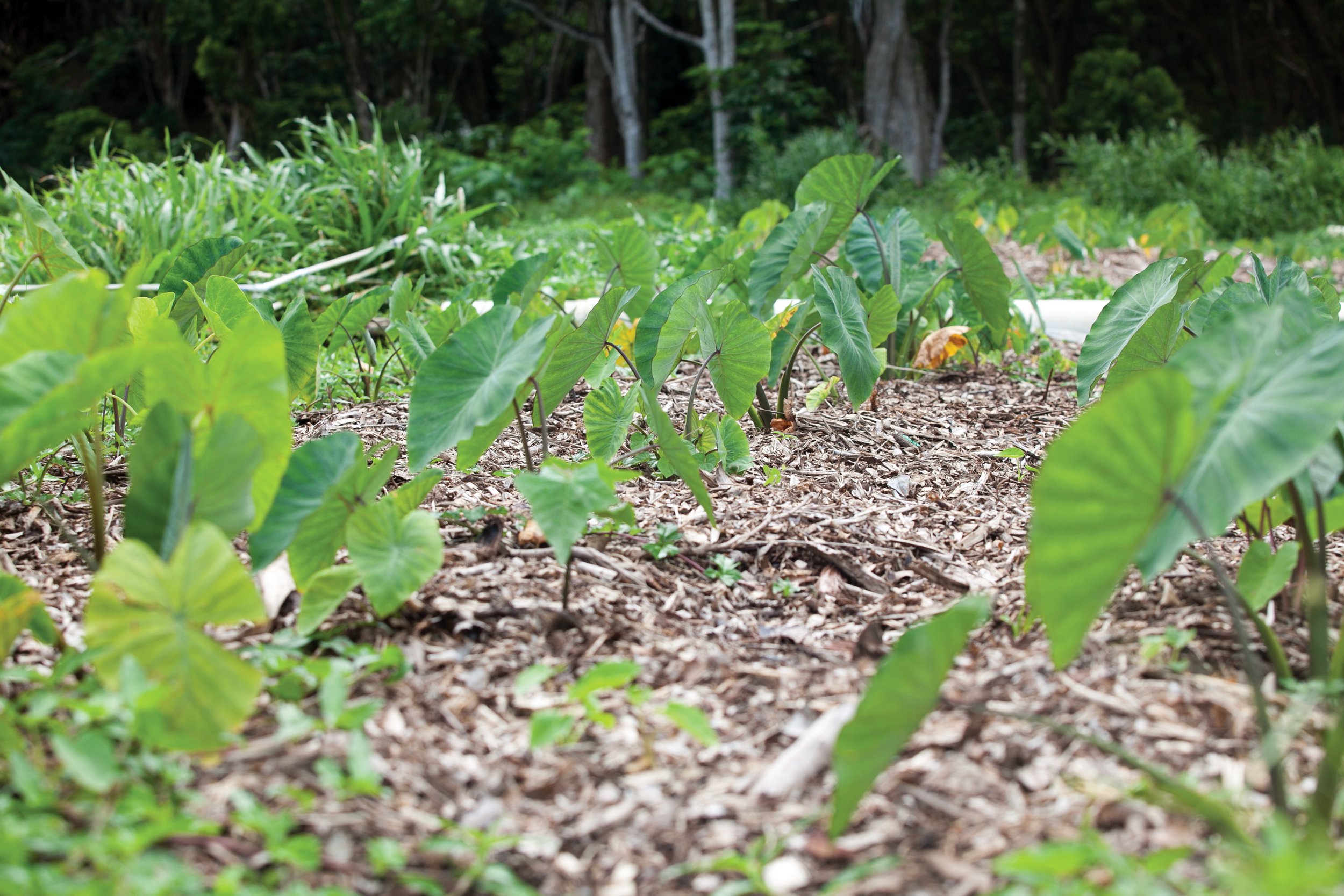
After more than 40 years, USDA increases Hawaiʻi’s school meal reimbursement rates
These increased rates are projected to bring an additional $8 million a year to Hawaiʻi to support healthy meals for children.
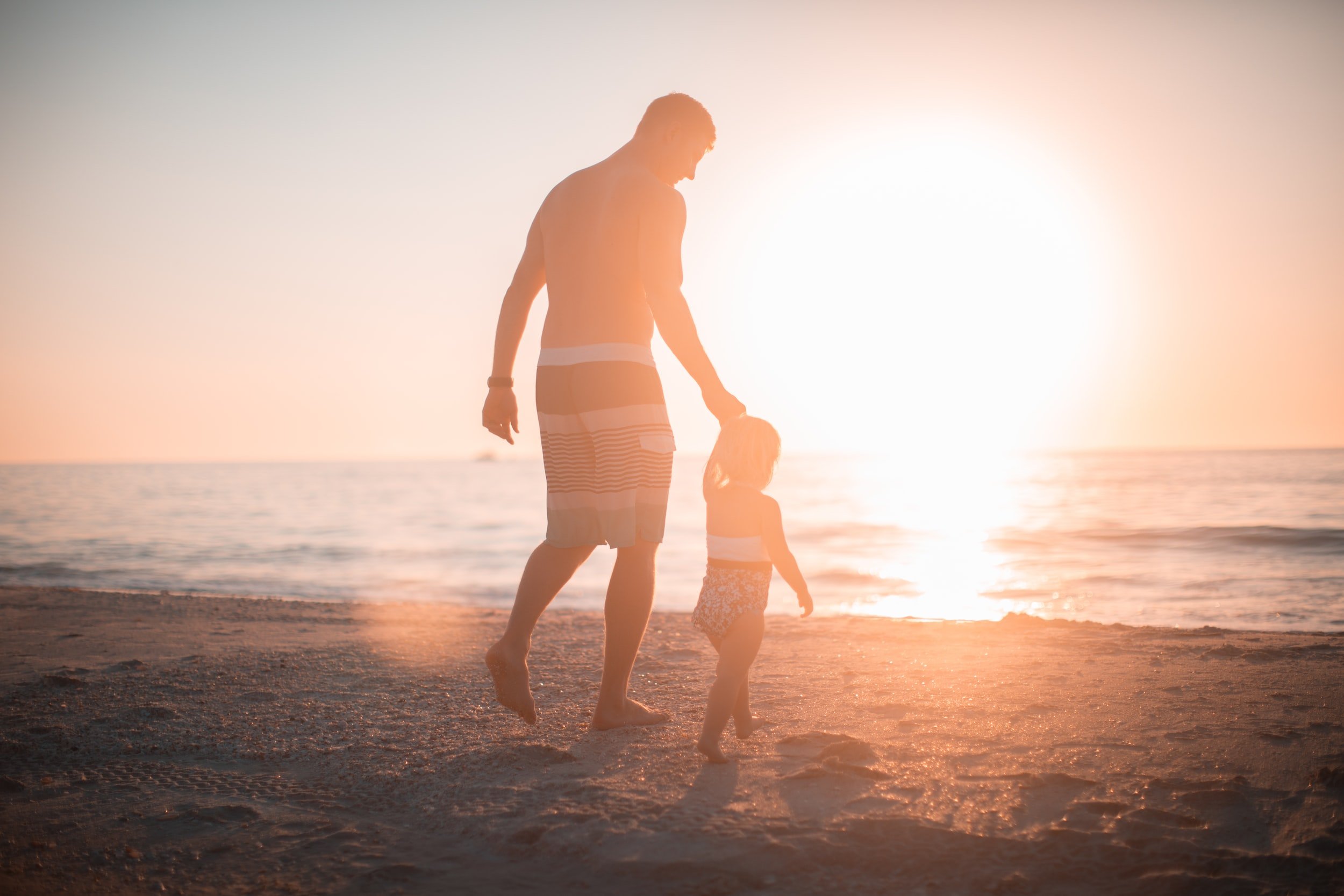
Four local nonprofits team up to curb hunger with new national funding
Four Hawaiʻi nonprofits are jointly launching a new effort to end hunger in the state, thanks to new funding from MAZON: A Jewish Response to Hunger, a leading national anti-hunger organization.

Report: Hawaiʻi is short tens of millions in annual federal funds to support feeding children
The “Feed our Keiki” report finds that the USDA is providing far less funding to Hawaiʻi than it should, resulting in a financial crisis for Hawaiʻi’s child nutrition programs.

Donations at Safeway in September will help end hunger
All through September, when you make a donation to the Nourishing Neighbors campaign at Safeway stores throughout Hawaiʻi, you’ll be helping more Hawaiʻi students start the day with a healthy breakfast.

Two local nonprofits receive $100,000 grant from Safeway and Safeway Foundation’s Nourishing Neighbors
Hawaiʻi Appleseed and Hawaiʻi Children’s Action Network are teaming up to ensure families with keiki can purchase enough food this summer.
